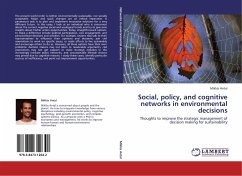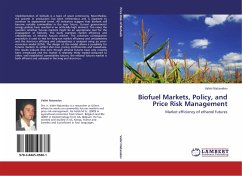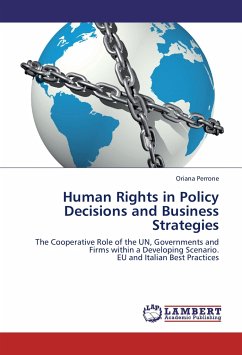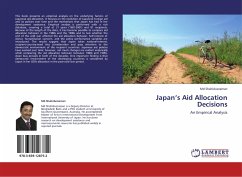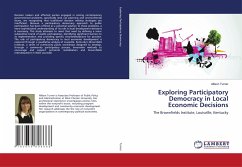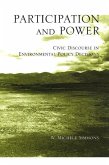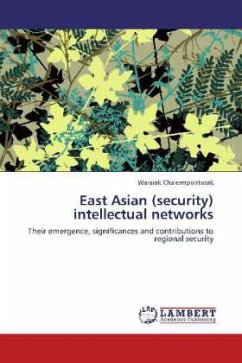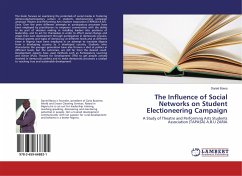The present world order is neither environmentally sustainable, nor socially acceptable. Major and quick changes are an ethical imperative. A paramount task is to plan and implement innovative solutions for a very different future. In this essay, I look at an individual who is concerned about the current negative social and ecological trends and try to give new insights about his/her action opportunities. Today, straightforward options to make a difference include political participation, civic engagement, and personal-level decisions and activities. For example, citizens may talk to their representatives to influence their opinions and decisions, join civil associations to work on specific issues, or make efforts to live sustainably and encourage others to do so. However, all these options have their own problems: decision makers may not listen to reasonable arguments, civil associations may not get support or make strategic mistakes in the increasingly intricate policy networks, and unsustainable lifestyle choices may prevail due to cognitive reasons. I study these cases, identify particular sources of inefficiency, and point out improvement opportunities.

